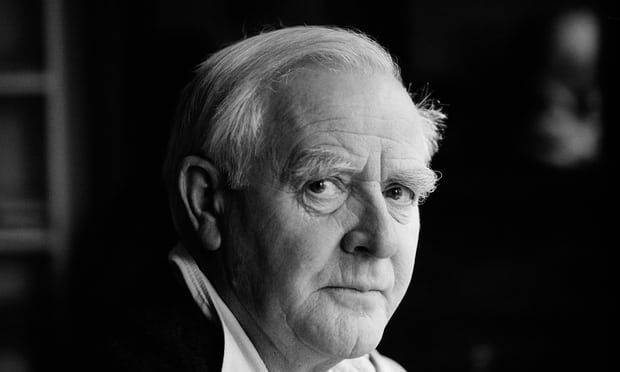 If in James 1 we hear of the good and generous God, then James 2 could be understood as speaking of the good and generous church—those who are the people and children of this good and generous God; those who are the recipients of his good and generous grace of salvation.
If in James 1 we hear of the good and generous God, then James 2 could be understood as speaking of the good and generous church—those who are the people and children of this good and generous God; those who are the recipients of his good and generous grace of salvation.
James 2 has two major sections, each beginning with a hypothetical story and rhetorical question. In both stories the focus is on the response of the congregation to someone who is poor, which James then uses to teach his listeners about the true nature of the Christian life. In many ways, this whole chapter can be read as an exposition of the “true religion” that James mentions at the end of chapter one. True religion involves a life of faith—and works, of love—understood in terms of mercy.
A Problem in the Church
James 2:1-7 (NRSV)
My brothers and sisters, do you with your acts of favouritism really believe in our glorious Lord Jesus Christ? For if a person with gold rings and in fine clothes comes into your assembly, and if a poor person in dirty clothes also comes in, and if you take notice of the one wearing the fine clothes and say, ‘Have a seat here, please’, while to the one who is poor you say, ‘Stand there’, or, ‘Sit at my feet’, have you not made distinctions among yourselves, and become judges with evil thoughts?
Listen, my beloved brothers and sisters. Has not God chosen the poor in the world to be rich in faith and to be heirs of the kingdom that he has promised to those who love him? But you have dishonoured the poor. Is it not the rich who oppress you? Is it not they who drag you into court? Is it not they who blaspheme the excellent name that was invoked over you?
Although this is a hypothetical story, it is likely that it represents attitudes and actions that are actually occurring in the congregations that James is writing to. Notice verse 6: “But you have dishonoured the poor!” These, whom God has chosen! These, who are the special objects of his favour, grace and blessing!
Does God play favourites?
Is God a respecter of persons?
Does God have a “preferential option for the poor”?
God chose Israel—the smallest, weakest, most inconsequential of nations (Deut. 7:6-9). God chooses the weak things of the world to confound the mighty, the foolish, base and insignificant things… Certainly the poor are to be rich in faith, and to love God. James is drawing on a rich seam of the Old Testament here, the idea of the Anawim, those poor who having no hope in this world, cry out to God and put their hope and trust in him. James is also echoing the Jesus of the Lukan beatitudes who pronounces blessings on the poor and woes upon the rich (Luke 6:20-26).
Nevertheless, favouritism like this is incompatible with faith in Jesus Christ, because Jesus himself became poor, identified with the poor, proclaimed good news to the poor, and identified with them. Those who show this kind of favouritism, who reflect the dominant values of the world rather than those of the kingdom of God, have become evil judges with evil thoughts.
The Royal Law
What, then, does God want in the church? We see in verse 8:
James 2:8-9
You do well if you really fulfil the royal law according to the scripture, ‘You shall love your neighbour as yourself.’ But if you show partiality, you commit sin and are convicted by the law as transgressors.
The “royal” (basilikon) law is the law of the kingdom (basiliea). In verse 13 James refers to it as mercy, and repeats, though negatively, Jesus’ beatitude about mercy.
Matthew 5:6
Blessed are the merciful for they shall obtain mercy.
James 2:12-13
So speak and so act as those who are to be judged by the law of liberty. For judgement will be without mercy to anyone who has shown no mercy; mercy triumphs over judgement.
What is mercy but love-in-action, love with its sleeves rolled up? We get an indication of what James means in the second half of the chapter: mercy is active, mercy works, mercy is moved by the needs of another, mercy presses beyond words to works. Mercy gets involved. Mercy visits the orphan and the widow in their affliction (1:27). Mercy is personal, relational, involved, and active.
The good and generous church is a community of care imaging, reflecting, representing and proclaiming the good and generous God. We are called to be God’s good and generous community because God is good and generous, and because we have been the recipient of his good and generous grace.
We accept others as he has accepted us. We extend to others the generous goodness he has extended to us. We watch out for and care for others the way he watches out for and cares for us. We are his heart, his hands, his lovingkindness and mercy here and now, in our place and in our time. We are a kingdom community, a good and generous church because we are, already, the people of the good and generous God.
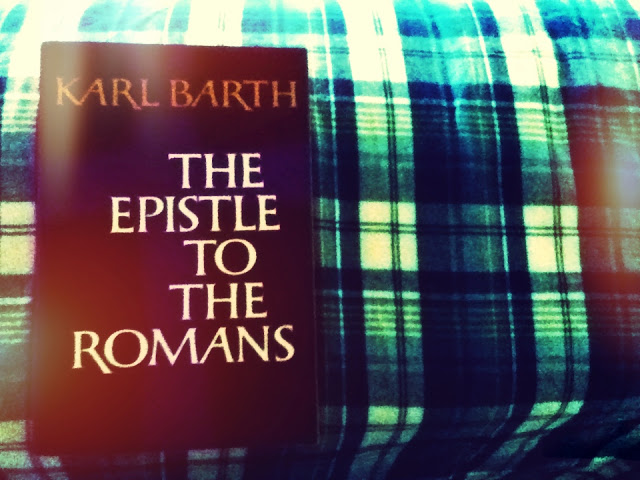
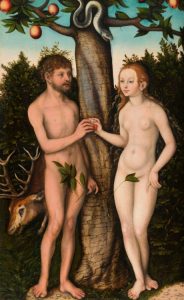
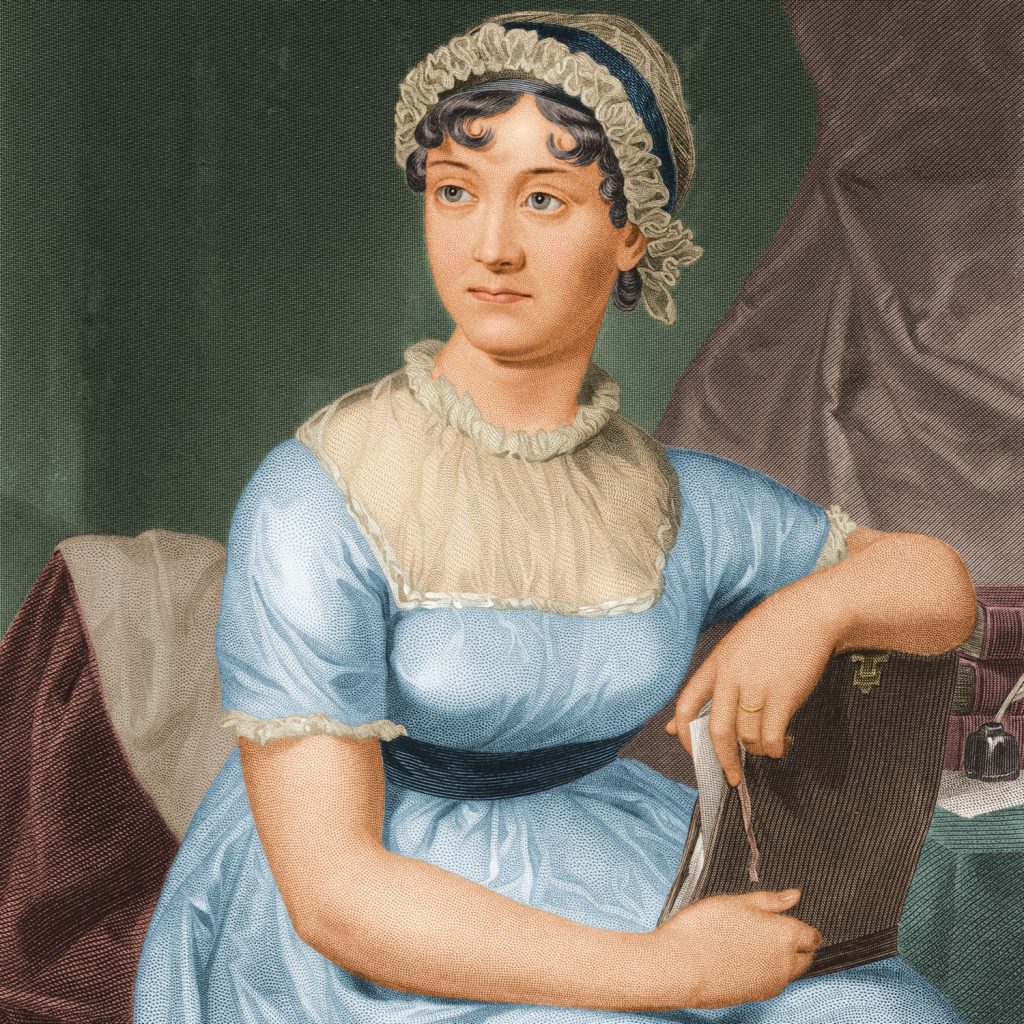
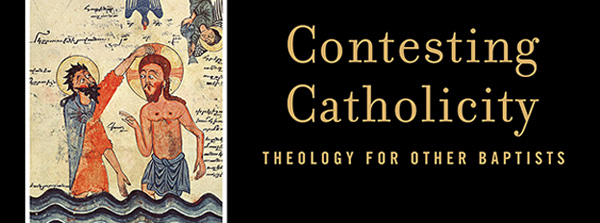
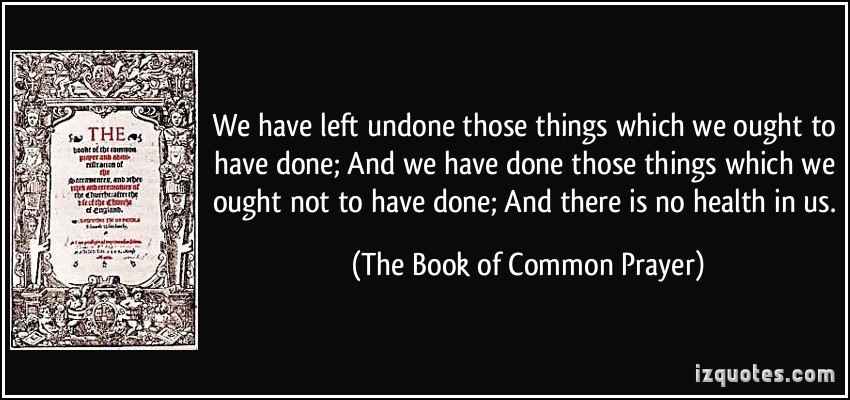

 This week I have been at the 2017 ANZATS Conference in Adelaide. The theme this year has been “Kinship & Family in Contemporary Australia and New Zealand.” The two international guests have given excellent plenary addresses, and the elective sessions that I have attended have been good. Of course, one of the best things about Conferences is catching up with peers from around the country—and from New Zealand, and meeting new friends.
This week I have been at the 2017 ANZATS Conference in Adelaide. The theme this year has been “Kinship & Family in Contemporary Australia and New Zealand.” The two international guests have given excellent plenary addresses, and the elective sessions that I have attended have been good. Of course, one of the best things about Conferences is catching up with peers from around the country—and from New Zealand, and meeting new friends.